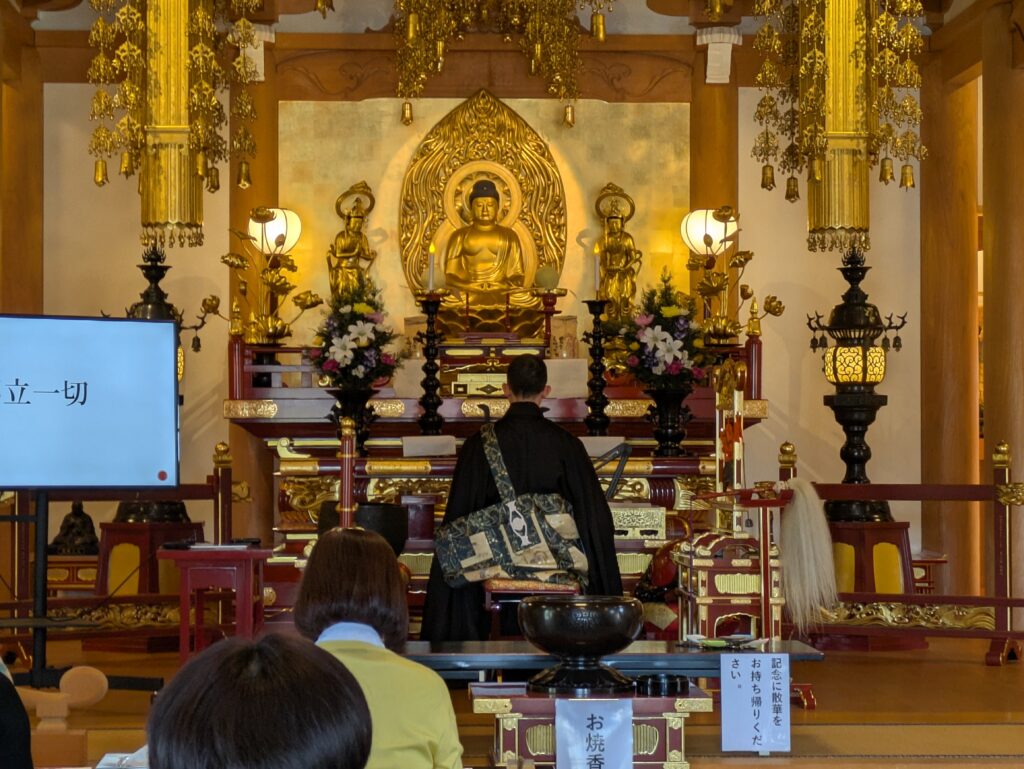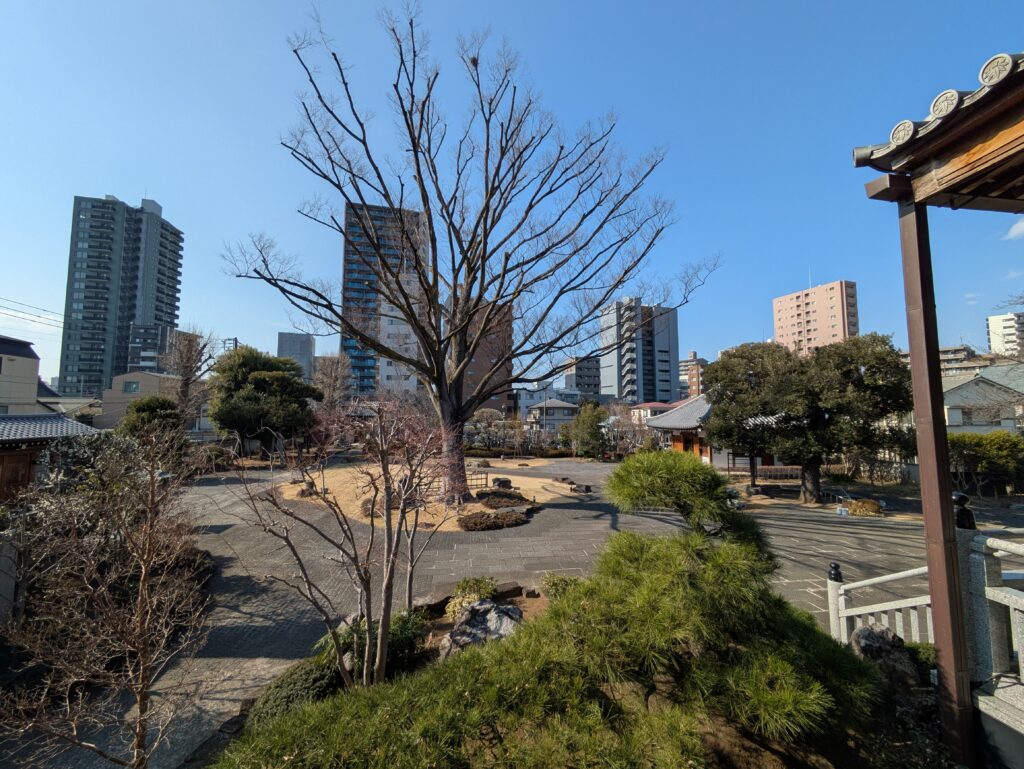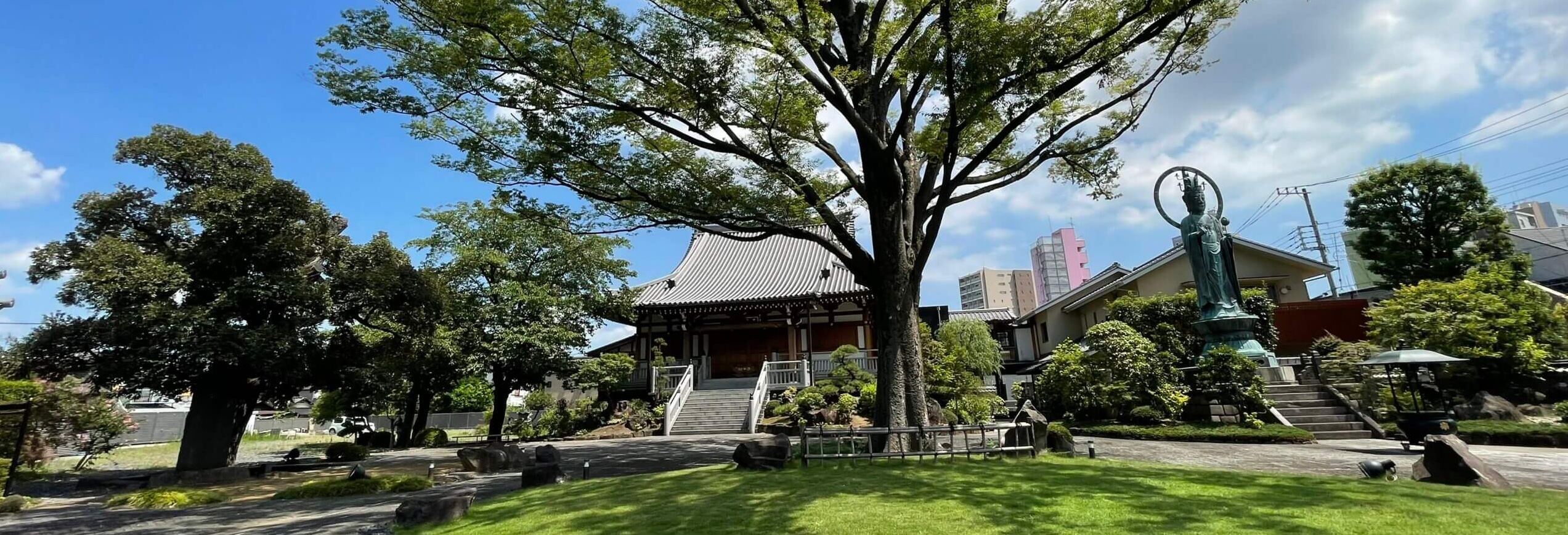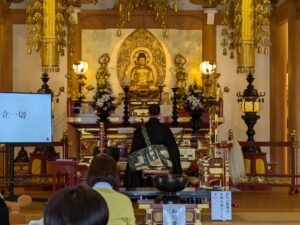title tenen
The Shokoji Temple copying sutras is not a calligraphy class. Therefore, the purpose is not to write characters well. Through copying sutras, we aim to reaffirm the "essence of things" that is necessary to make daily life peaceful and rich, and by chanting the Nembutsu, we hope to be welcomed into the Pure Land at the end, just like our beloved ancestors.
This winter feels like a typical winter. The last time we held the sutra copying session, it was cloudy with occasional light rain. The plants are still preparing to bloom, with their buds tightly closed and enduring the cold. We had the time to enjoy all kinds of weather, and today we were able to engage in introspection and chant the Nembutsu at the sutra copying session.
In the last sutra copying session, we reaffirmed the words we should use from the sutra "Udanavarga," which is a collection of the Buddha's teachings. It is important to focus on choosing the words we use, but the most important thing is to be sincere when speaking. It is a difficult thing to do, but I have reaffirmed this and resolved to spend the month peacefully.

Now, at the sutra copying session in March, we will continue to focus on the topic of "words" and take another look at important things.
The sutra called "The Lankavatāra Sutra" contains the following statement:
A fool, when he sees someone pointing at the moon, looks at his finger and does not see the moon.
Those who are obsessed with family names will not see my truth. (Taisho Zora Volume 10, p. 671)
A fool looks at the moon by looking at the finger pointing at it, so that he does not see the moon.
Those who are obsessed with letters and words do not understand the truth revealed by the Buddha.
When the Buddha visited Ceylon, he explained to a man named Ravana about the state of human beings and the things we perceive in the Lankavatāraṇa Sutra. One of the passages in the Sutra warns against being obsessed with letters and words.
It goes without saying that the truth cannot be perfectly expressed in language. On the other hand, language is a very important means by which we arrive at the truth. We should understand that this is a warning against being too attached to language as a means.
As we reaffirmed last time, language (here, letters and words) is very important for us to know each other and to understand everything. However, language is also imperfect because it cannot express objects precisely and we do not have the exact same interpretation of each word as others.
Even if you have explained everything you can using language and the other person understands it, you cannot immediately be sure whether their understanding is exactly the same as yours.
This is not limited to language. We do not necessarily perceive all objects of perception in the same way as others, such as the scenery we perceive visually and the sounds we perceive auditorily.
We are ordinary people who find it difficult to understand essential and important things in every respect. Nevertheless, we spare no effort to understand, and live our lives to the fullest every day, repeating the cycle of joy that we can understand and the pain that we cannot, joy that we can share and the pain that we cannot share.
Because it doesn’t get through
We must spare no effort in communicating
When the Buddha attained enlightenment, he thought it would be very difficult for the general public to understand the content, so he refrained from preaching about it. Seeing this, Brahma, the guardian deity of Buddhism, petitioned the Buddha to preach the content of his enlightenment to the general public, and the Buddha began to preach to the people.
Even the Buddha had a hard time communicating. If we don't make an effort to communicate, we are going against the Buddha's teachings.

This month, we will strive to understand and communicate.
"Nothing to do"
Let us write this down, reflect quietly, and chant the Nembutsu.
Namu Amida Butsu


